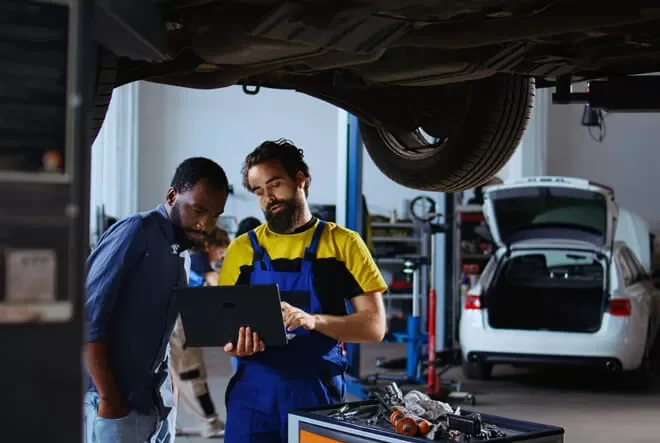
Navigating the Market: The Ultimate Handbook for Purchasing Used Cars
Purchasing a used car can be an exciting yet daunting experience. With numerous options and potential pitfalls, it’s essential to approach the process with knowledge and confidence. In this ultimate handbook, we will guide you through the essential steps and provide valuable tips to help you navigate the used car market successfully.
- Determine Your Needs and Budget
Start by assessing your needs and setting a realistic budget. Consider factors such as the desired size, type, and features of the car. Evaluate your financial situation and determine how much you can comfortably afford to spend on the purchase, as well as ongoing expenses like insurance, maintenance, and fuel costs. This will help you narrow down your options and avoid overspending.
- Research Different Models and Makes
Next, research different car models and makes to identify the ones that align with your needs and budget. Consider factors such as reliability, fuel efficiency, safety ratings, and maintenance costs. Online resources, car review websites, and forums can provide valuable insights from experts and owners. Compare prices, specifications, and consumer reviews to create a shortlist of potential vehicles that meet your requirements.

- Check the Vehicle’s History
Before making any commitments, obtain the vehicle identification number (VIN) and run a comprehensive history check. This report will provide crucial information about the car’s past, including accident history, maintenance records, and ownership details. Services like Carfax or AutoCheck can offer detailed reports for a nominal fee. Additionally, request the seller to provide service records to understand how well the car has been maintained over time.
- Inspect and Test Drive
Inspecting and test driving the car are crucial steps in assessing its condition and performance. Look for signs of wear and tear, such as rust, dents, or mismatched paint. Check the tires, brakes, and suspension for any signs of damage or uneven wear. During the test drive, pay attention to the engine’s responsiveness, transmission shifts, and overall driving experience. Test all the features, including lights, air conditioning, audio system, and safety functions. If possible, have a trusted mechanic perform a pre-purchase inspection for a thorough assessment.
- Evaluate the Pricing
Research and compare prices for similar makes, models, and years to evaluate the pricing of the used car you are interested in. Online marketplaces, dealer websites, and local classifieds can provide insights into average prices. Factors such as mileage, condition, optional features, and location can influence the price. Use this information to negotiate a fair price with the seller or dealership. Remember to consider factors like depreciation, ongoing maintenance costs, and potential repairs when determining the value of the car.


